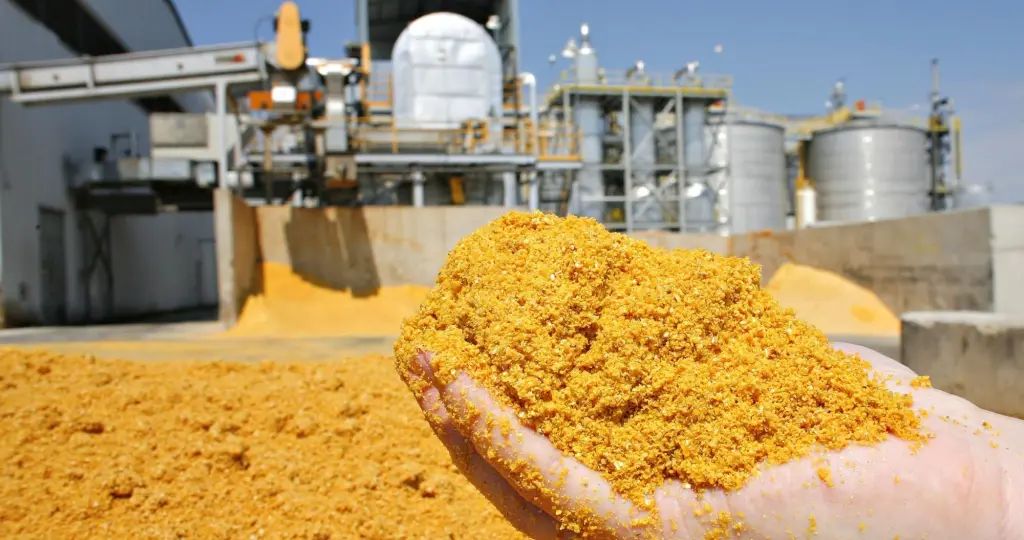On June 12, 2025, the Government of Russia signed a decree allowing the import of GM-soybeans, provided that the resulting feed products are exported. The document, published on the official legal information portal, takes effect immediately and will remain in force for one year. The measure aims to support processing facilities and boost exports while maintaining the domestic ban on the use of such feeds.
According to Russia’s Ministry of Agriculture, the decree permits enterprises to import and process genetically modified soybeans registered for food use, strictly for export purposes. This is expected to help utilize underloaded processing capacities, such as in the Kaliningrad region, where facilities capable of handling over 2 million tons of soybeans annually are currently operating at less than 5% capacity due to limited domestic production. The previous ban on GM-soybean imports negatively affected export volumes.
Russia has registered six GM-soybean lines (A5547-127, FG72, A2704-12, MON87708, DAS-44406-6, DAS-81419-2) for food purposes, which can be used for feed production. However, under the country’s food security doctrine, the cultivation, planting, and circulation of GMs remain banned in Russia. Therefore, imported soybeans are intended solely for processing and subsequent export of finished products.
Oilseed market experts note that Russia requires over 1 million tons of imported soybeans annually, despite growing domestic output. The new decree is expected to revitalize the processing sector, especially in regions with large industrial capacities, and strengthen Russia’s position in the global feed market, where demand continues to rise.
At the same time, the decision has sparked debate among farmers and environmentalists concerned about potential risks to the domestic market if export controls are not strictly enforced. The government insists that GMO soybean processing will be conducted under strict oversight to prevent any domestic use. The next year will be crucial in assessing the policy’s impact on the agricultural sector.
For Ukraine, this situation is indicative, because a similar initiative regarding GM-rapeseed did not receive support this year.
For almost 30 years of expertise in the agri markets, UkrAgroConsult has accumulated an extensive database, which became the basis of the platform AgriSupp.
It is a multi-functional online platform with market intelligence for grains and oilseeds that enables to get access to daily operational information on the Black Sea & Danube markets, analytical reports, historical data.
You are welcome to get a 7-day free demo access!!!
Tags: soybean, GM, animal feed, Russia
Read also
Abbey Commodities – General Partner of BLACK SEA GRAIN.KYIV-2026
Export Logistics Reset 2026: Rail Tariffs, Capacity Pressure and New Trade Reality
ABIOVE has spoken out against the EU’s proposal to phase out soy-based biofu...
Jordan purchased 50 thsd tons of barley in tender
Brazil, Argentina ship 7 mil mt of soybeans to China for Feb-April
Write to us
Our manager will contact you soon




